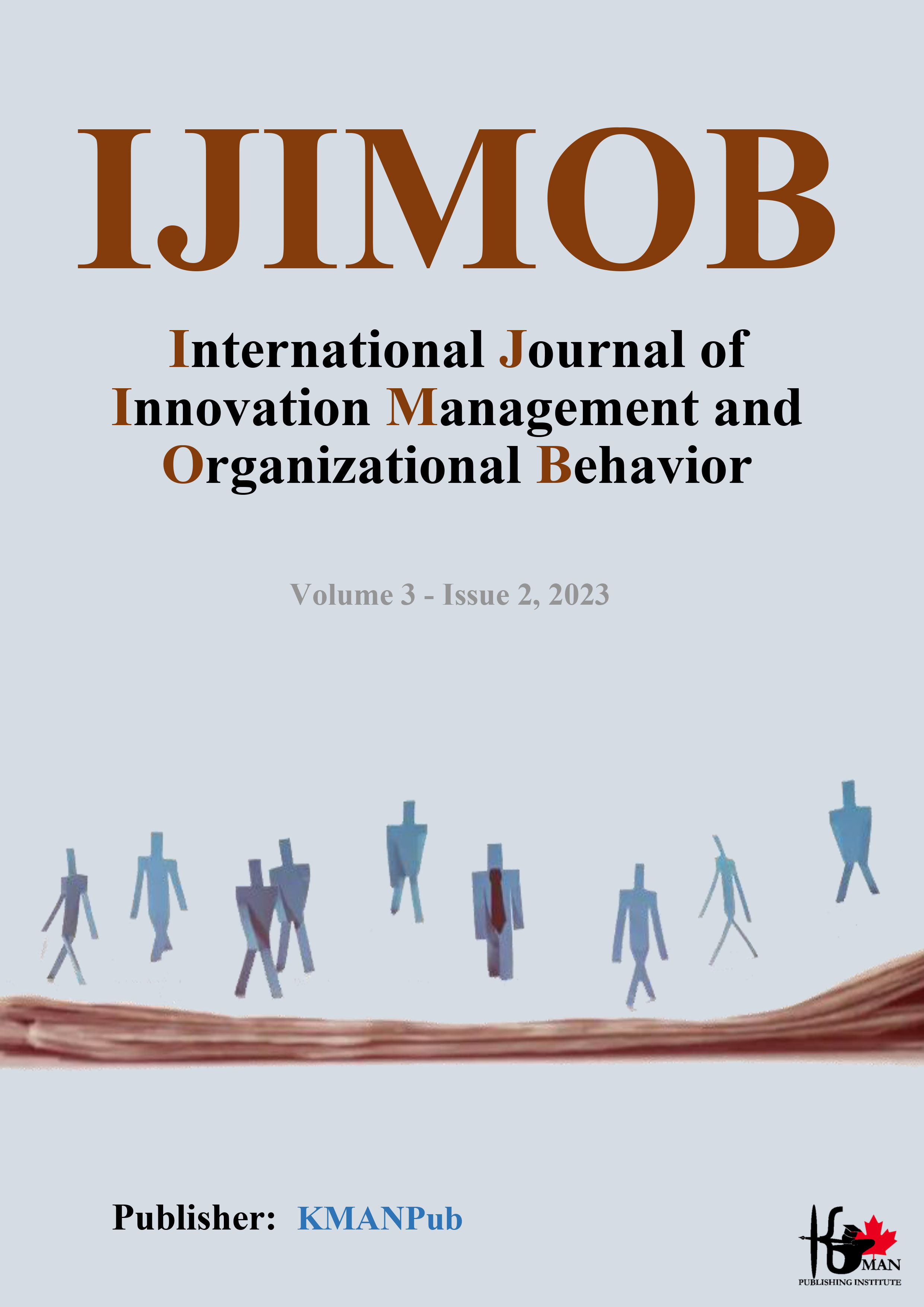Modeling Brand Engagement in Social Media (Based on Sentiment Analysis and Customer Data)
Keywords:
Brand Engagement, Social Media, Sentiment Analysis, Customer LoyaltyAbstract
Objective: The primary aim of this study is to develop a comprehensive model that can identify and analyze the factors influencing customer engagement with brands.
Methodology: A mixed-methods approach was utilized for this purpose. In the qualitative section, interviews were conducted with managers and experts in the field of digital marketing at a dairy company. These interviews aimed to identify and gain a deeper understanding of the key factors that could impact brand engagement on social media. The results of these interviews facilitated the identification of initial and main codes using MaxQDA software. In the quantitative section, a dataset comprising 50,525 user-generated content in response to 505 promotional posts by a dairy brand on Instagram was used. By employing the BERT model and Natural Language Processing (NLP) techniques, the sentiments of users in their comments were analyzed and identified. After sentiment analysis, the K-means clustering technique was employed to organize the sentiments into distinct topics. Subsequently, these clusters were compared and analyzed with expert opinions to identify the most critical factors influencing brand engagement.
Findings: The findings of the research indicated that cognitive factors such as brand awareness, emotional factors such as positive emotions and emotional attachment, and behavioral (social) factors such as participation and social interaction each play a vital role individually and interactively in customer engagement and loyalty.
Conclusion: This research demonstrated that creating positive emotional experiences and encouraging active participation in social activities can significantly contribute to positive interactions and customer loyalty to the brand.
Downloads
Downloads
Additional Files
Published
Submitted
Accepted
Issue
Section
License
Copyright (c) 2023 Zahra Atf (Author); Fariz Taherikia (Corresponding Author); Kambiz Heidarzadeh Hanzaee (Author)

This work is licensed under a Creative Commons Attribution-NonCommercial 4.0 International License.

























